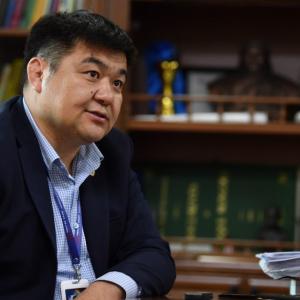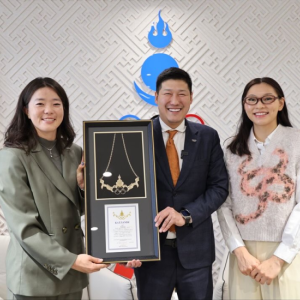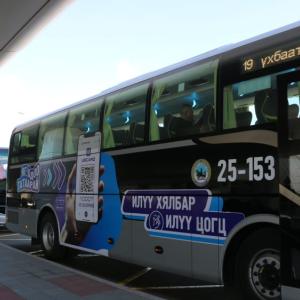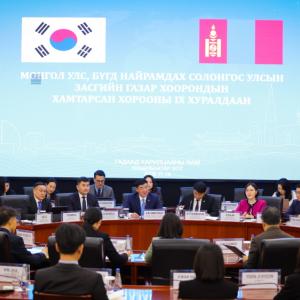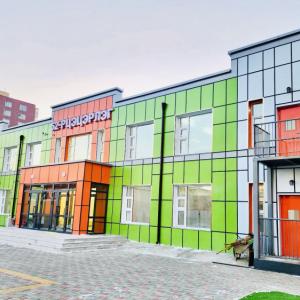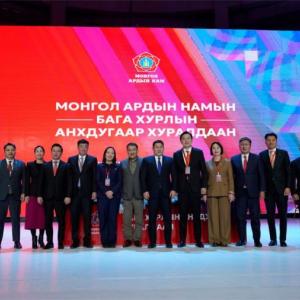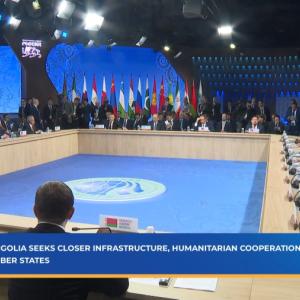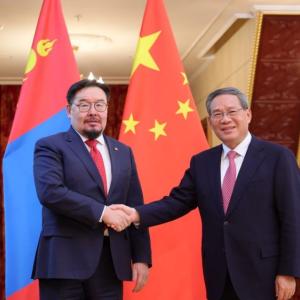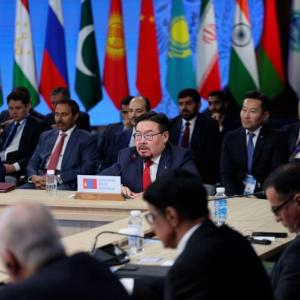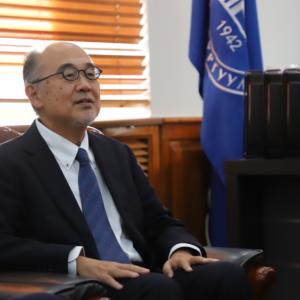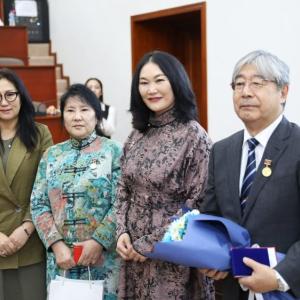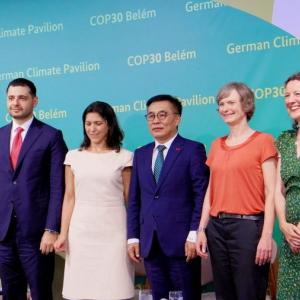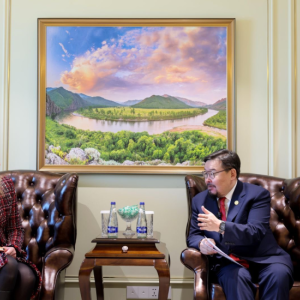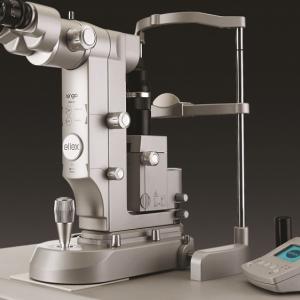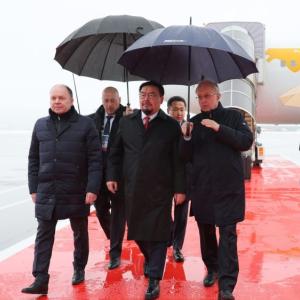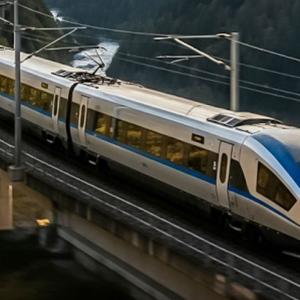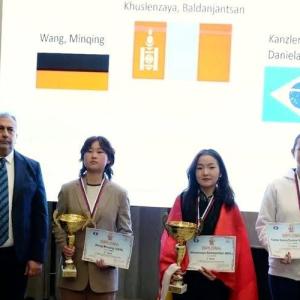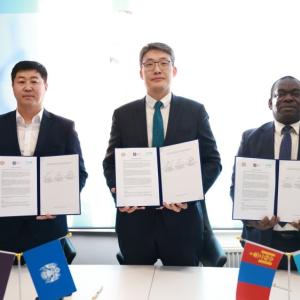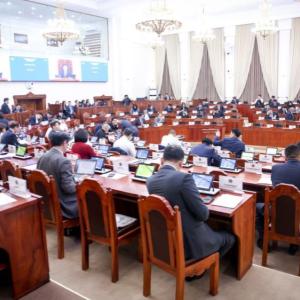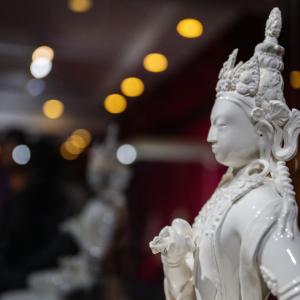First Lead Acid Battery Recycling Plant in Mongolia Put into Operation
Society
Ulaanbaatar, 2024 March 27/MONTSAME/. On
March 26, 2024, the first lead-acid battery recycling plant was put into
operation in Nalaikh district of the capital city to reduce the
negative impacts of expired automotive batteries on
human health and the environment.
The modern, fully automated battery recycling plant has an
annual capacity of recycling 7 thousand tons or 300-400 thousand pieces of used
lead-acid batteries, deactivating and refining 98 percent of the waste lead and
acid as well as more than ten chemicals.
The first Mongolian battery recycling plant was established
by “Electrochem Mongol” company, with its funding, creating about 75 new jobs,
and MNT 1.2-1.8 billion is estimated to be paid to the State budget.

At the opening ceremony of the new plant, Minister of Road and Transport Development of Mongolia S. Byambatsogt participated and expressed the government’s policy to support environment-friendly technology and manufacturing. The Government will collaborate with private enterprises in establishing a system for collection and storage of spent lead-acid batteries, noted the Minister.
According to statistical data, at least 6250 tons or 1600 thousand pieces of lead-acid batteries are wasted in nature every year in Mongolia. About 1200 tons or 30 thousand pieces of those are recycled using non-standard methods and exported, which accounts for about 19 percent of the total spent batteries. It means the rest over 80 percent of the spent batteries are wasted directly in nature, causing a serious threat to the environment, and public health.
Expired automotive batteries produce a variety of toxic substances, while only one small finger-sized battery can pollute 20 square meters of land or 400 liters of water.

 Ulaanbaatar
Ulaanbaatar







